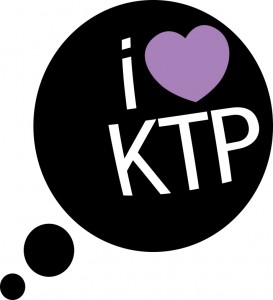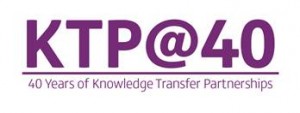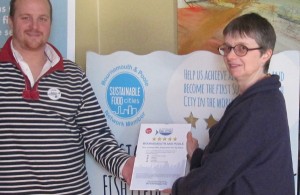You may have seen lots about Knowledge Transfer Partnerships (KTP), perhaps from the KTP Academic Development Scheme or on blog posts, or perhaps even whilst in conversation with your colleagues. At Bournemouth University, we’re working hard to maximise our KTP provision and this is working..!
We currently have two KTP projects in recruitment stages where we are looking for KTP associates (a graduate hired to work on the projects, full time for the duration of the project) to fill these KTP positions.
Chantacre
Following on from a successful series of shorter KTP, this position is a 25-month fixed term appointment for an IT Systems Project Manager. This is a challenging yet potentially very rewarding opportunity to apply creative and innovative thinking, as well as strong technical skills that will result in an innovative and exploitable capability. The role will involve the creation of a mobile convergence solution within a company operating over a wide geographical area enabling information and data exchange in real time whilst maintaining data integrity and security. As this is a KTP the Associate will not only be required to research, develop and install the solution but also embed sufficient knowledge within the company to enable them to both use and develop the system in an efficient and sustainable manner.
Nautilus
This is the company’s first KTP and is for a Computer Graphics/Games Programmer for a 30-month project. The role will involve the researching of all types of 3D terrain generation applications and then the development of proprietary prototype software that will allow for rapid, automatic/semi-automatic 3D terrain content generation for use within the Virtual Battle Space (VBS) 3 game engine. In addition to this, the role will involve embedding the capability within the company to enable further development and exploitation of the software.
Both of these vacancies are in recruitment and they close on Monday 23 March. Please do share with any candidates who may be interested in these roles.
For further information about KTP, please contact Rachel Clarke, KE Adviser (KTP) on 61347 or email clarker@bournemouth.ac.uk


























 Seeing the fruits of your labour in Bangladesh
Seeing the fruits of your labour in Bangladesh Exploring Embodied Research: Body Map Storytelling Workshop & Research Seminar
Exploring Embodied Research: Body Map Storytelling Workshop & Research Seminar Marking a Milestone: The Swash Channel Wreck Book Launch
Marking a Milestone: The Swash Channel Wreck Book Launch No access to BRIAN 5-6th February
No access to BRIAN 5-6th February ECR Funding Open Call: Research Culture & Community Grant – Application Deadline Friday 12 December
ECR Funding Open Call: Research Culture & Community Grant – Application Deadline Friday 12 December MSCA Postdoctoral Fellowships 2025 Call
MSCA Postdoctoral Fellowships 2025 Call ERC Advanced Grant 2025 Webinar
ERC Advanced Grant 2025 Webinar Update on UKRO services
Update on UKRO services European research project exploring use of ‘virtual twins’ to better manage metabolic associated fatty liver disease
European research project exploring use of ‘virtual twins’ to better manage metabolic associated fatty liver disease